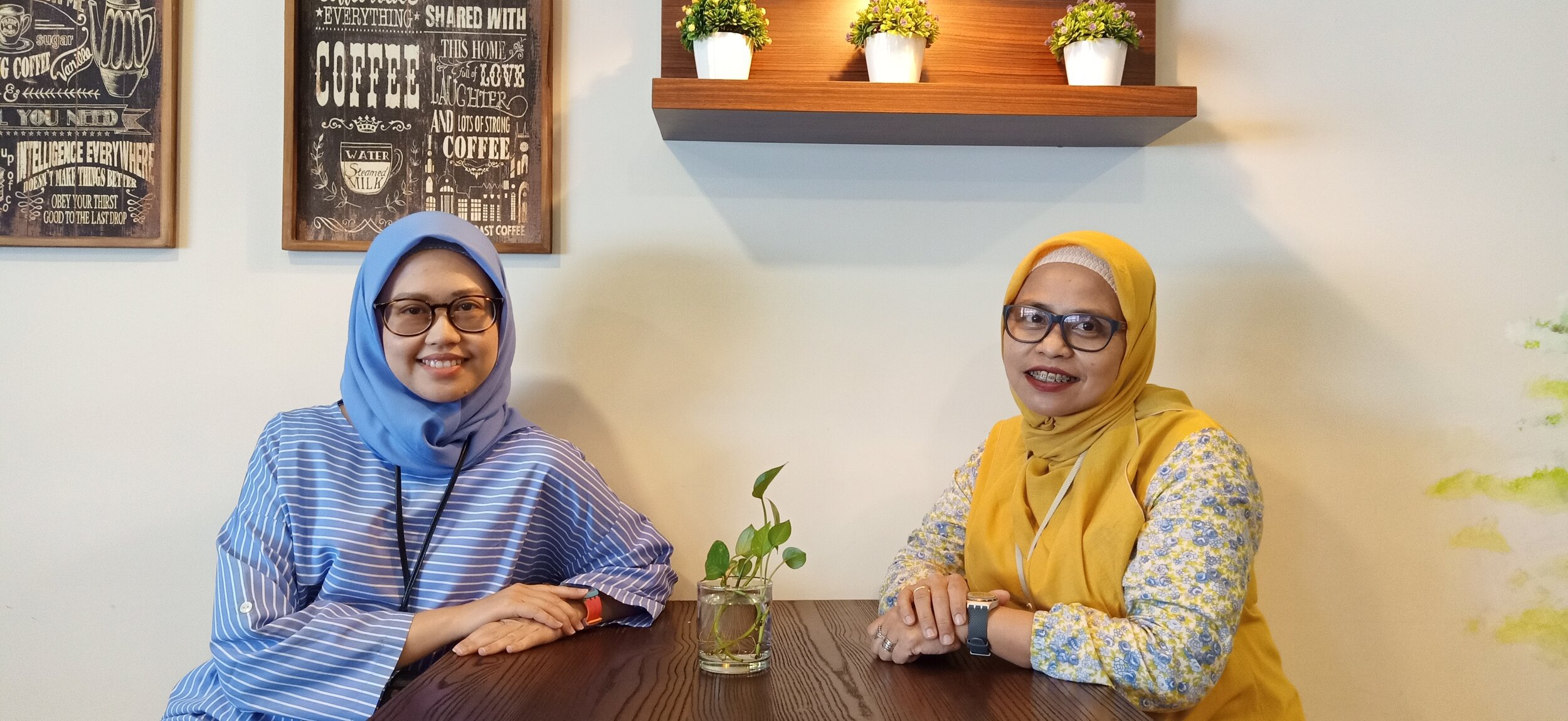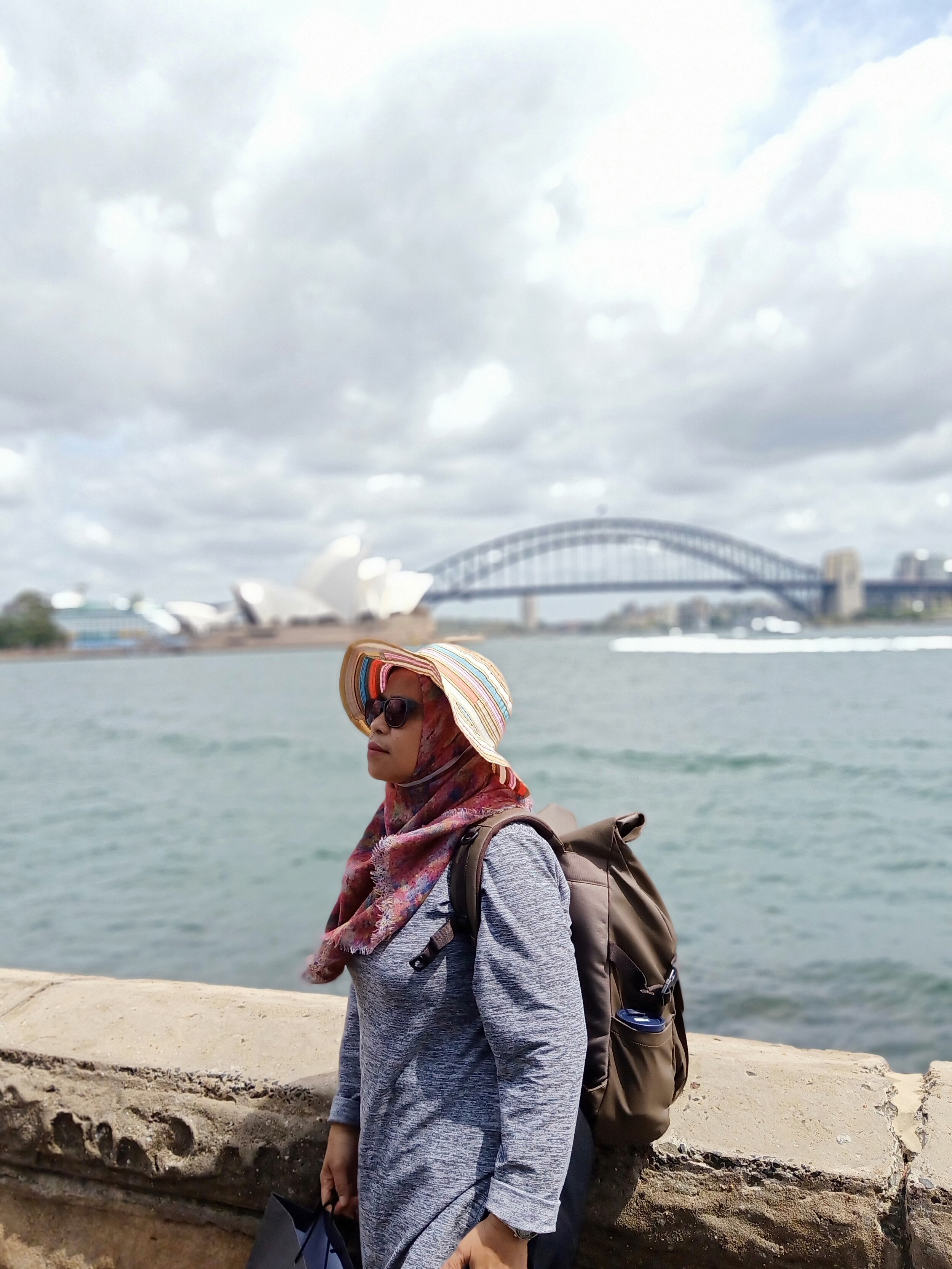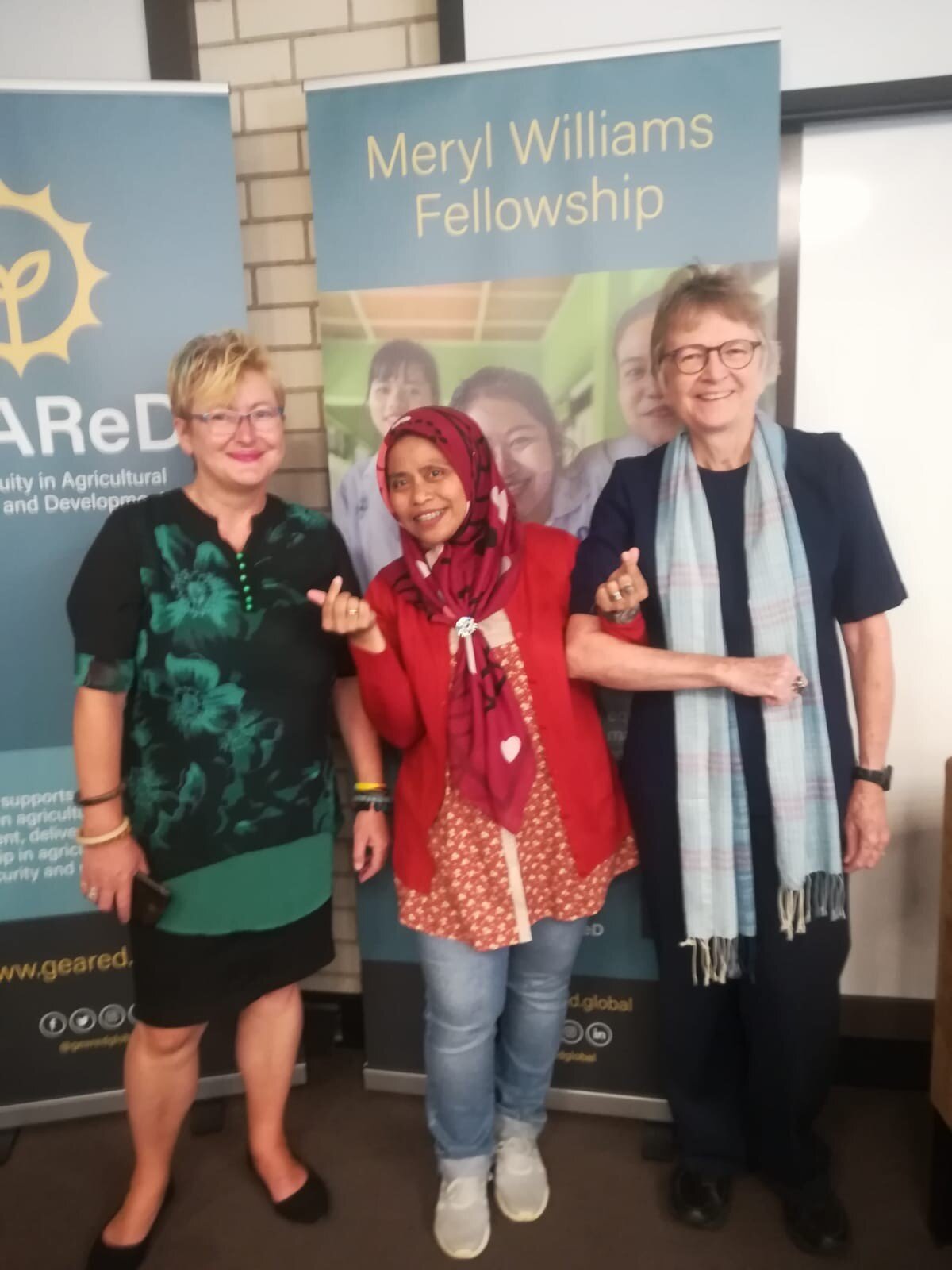Research for improved food security during and after the COVID-19 pandemic: Indonesia spotlight
Meryl Williams Fellow Fajrina Nur (Rina) has been awarded a grant by the Australian Centre for International Agricultural Research (ACIAR) to research vegetable consumption trends in Indonesia during and after the current COVID-19 pandemic.
Rina is a Seed Research Manager at East West Seed Indonesia and her research will inform the companies production strategy to ensure that it meets community needs and improves food security. The research project, designed to be completed within 6 months, will also provide local farmers and other stakeholders reliable data and education so that they too can adjust their production practices and respond to community need.
For Rina, the project is advancing her skills by allowing her to undertake agribusiness research from a social perspective and she says:
“I feel very lucky to have received this grant. I was able to write the proposal thanks to the supportive network I gained by becoming a Meryl Williams Fellow. The network gave me the confidence to step outside if my comfort zone and stretch my own abilities.”
To put together the proposal Rina worked closely with Meryl Williams Fellowship mentor Associate Prof. Rukmowati Brotodjojo and Dr. Bayu Khrisnamukti. Their input helped Rina design the project to ensure that the research outputs would contribute in a meaningful way to local food security and pandemic responsiveness. Rina also collaborated with her East West Seed colleague DIta Fitriani, a marketing specialist who is connecting the data with internal market research.



Rina’s grant is part of ACIAR’s Alumni Research Support Facility, a one-off activity that provides up to AUD $20,000 for small research activities that build resilience and respond to the emerging challenges that COVID-19 has placed on agricultural systems in ACIAR partner countries.
The Research Support Facility is designed to be reflexive to the global pandemic response and seeks to support initiatives that build resilience and respond to the emerging challenges that COVID-19 has placed on agricultural systems in our partner countries. In the first round, 40 projects have received funding.
